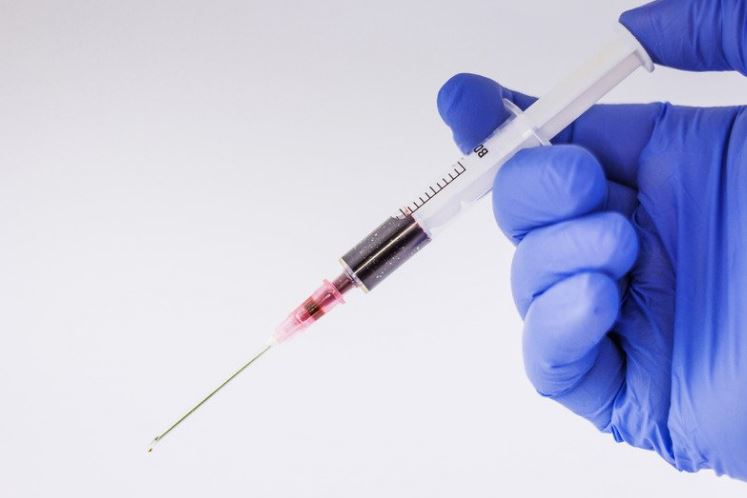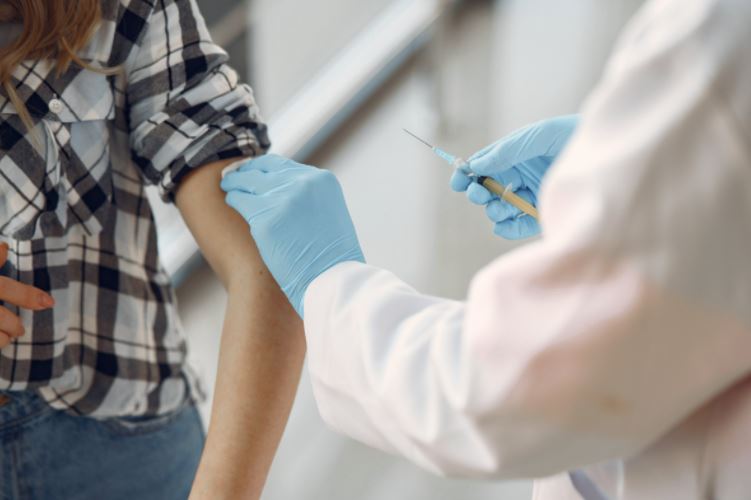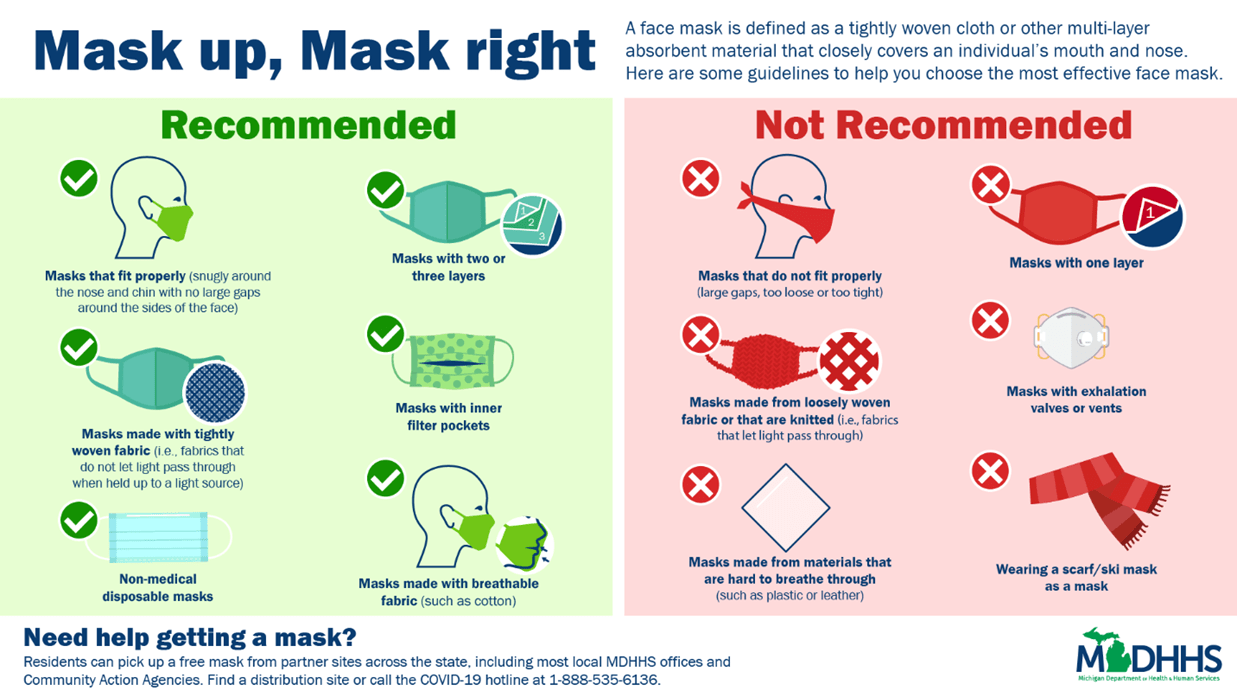
new program starting March 1 to help enhance state’s vaccine equity strategy
MDHHS announces new program starting March 1 to help enhance state’s vaccine equity strategy; Health centers will receive safe and effective COVID-19 vaccine this week
FOR IMMEDIATE RELEASE: Feb. 15, 2021
CONTACT: Lynn Sutfin, 517-241-2112
LANSING, Mich. – The Michigan Department of Health of Human Services (MDHHS) today announced a new program to enhance the state’s equity strategy to reach more Michiganders with the safe and effective COVID-19 vaccine.
“I am excited to announce initiatives that will help enhance the state’s equity strategy and allow us to get more vulnerable Michiganders vaccinated,” said Dr. Joneigh Khaldun, chief medical executive and chief deputy for health. “Workers in higher risk agricultural settings have been adversely impacted by this pandemic. We also know that we need to remove barriers to vaccine access for our most vulnerable individuals in Michigan, including those with disabilities, lower income, and racial and ethnic minorities. These steps will allow our federally qualified health centers across the state to begin vaccinating and will prioritize vaccine allocation to partnerships and providers who are removing barriers to access. This strategy is important as we move forward with our goal to equitably vaccinate 70% of Michiganders over age 16 and over as quickly as possible.”
Starting immediately, mortuary service workers, who routinely work with infectious materials, will be able to be vaccinated as part of group 1A in accordance with CDC and Advisory Committee on Immunization Practices recommendations. In addition, 41 federally qualified health centers across the state will start receiving vaccine allocations to help vaccinate individuals age 65 and older. These community health centers are located in medically underserved areas to provide high-quality, affordable and comprehensive medical services to everyone – regardless of who they are, where they come from or their ability to pay.
Currently persons 65 and older are eligible to be vaccinated across the state. Providers with specific plans to remove barriers to access across the state will also be allowed to request vaccine for people age 60 and up.
Additionally, workers in food processing and agricultural settings, about 79,000 Michiganders, will be able to be vaccinated as of March 1. This will help ensure the health and safety of Michigan’s essential food and agriculture workers and keep the state’s food supply chain moving.
MDHHS recently announced the state’s strategy to get 70% of Michiganders age 16 and older vaccinated as quickly as possible. The strategy is being guided by the following principles:
- All Michiganders have equitable access to vaccines.
- Vaccine planning and distribution is inclusive and actively engages state and local government, public and private partners; and draws upon the experience and expertise of leaders from historically marginalized populations.
- Communications are transparent, accurate, and frequent public communications to build public trust.
- Data is used to promote equity, track progress and guide decision making.
- Resource stewardship, efficiency, and continuous quality improvement drive strategic implementation.
Updated vaccine prioritization guidance can be found on Michigan’s COVID-19 website.
Information around this outbreak is changing rapidly. The latest information is available at Michigan.gov/Coronavirus and CDC.gov/Coronavirus. To learn more about the COVID-19 vaccine, visit Michigan.gov/COVIDVaccine.








